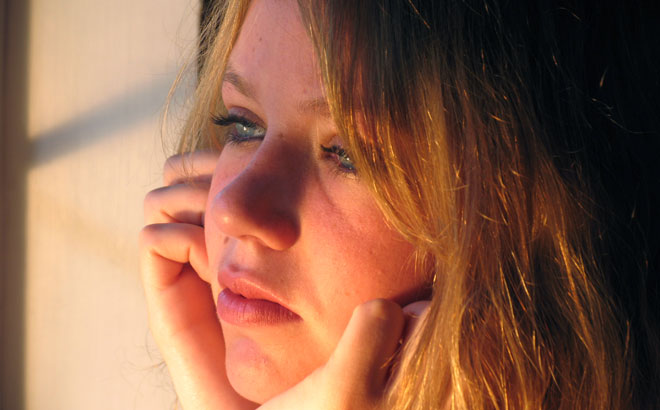Things become so much more clear after the dust settles, right? When reflecting on your divorce, you might want to examine why you chose to be in a relationship that didn’t work. This will help you choose the right person in future relationships. That is the topic of this week’s Love Essentially, published in the Chicago Tribune Pioneer Press.
Looking for Love? Try Looking At Your Parents by Jackie Pilossoph for Chicago Tribune Pioneer Press
“I’m not sure what I was thinking getting so involved with him.”
“How could I have dated someone like her?”
“I was so stupid for marrying him.”
“Things just changed and we grew apart.”
These are common things I hear men and women say after a bad break-up or a divorce. It is only in hindsight that people realize their former spouse was completely wrong for them. Why are there so many mismatches?
According to Terry Gaspard, a Rhode Island-based therapist who specializes in relationships and divorce, who we pick as a partner stems from what we see and experience in childhood. And, it starts the day we are born.
“We all have a composite picture of the people who influenced us in the past – their looks, personality, tone of voice, behavior and so many other factors we were exposed to,” said Gaspard, who has been in practice for 30 years.
Gaspard, a child of divorce herself, who is the author of her website,MovingPastDivorce.com, as well as her new book, “Daughters of Divorce: Overcome The Legacy of Your Parents’ Breakup and Enjoy a Happy, Long-lasting Relationship,” said men and women gravitate toward relationships that resemble their parents’ relationship, or the way one or both of their parents treated them.
Why? Gaspard said there are a few reasons, which include a subconscious comfort in familiarity, a need to make old wrongs right, and low self-esteem.
“You may pick someone who is emotionally detached, maybe because your father was that way and that is what you know,” said Gaspard, whose personal experiences of being both a child of divorce and a divorced mom led her to her career and to writing her book, which was co-written by her daughter, Tracy Clifford. “Although I know he loved me, I personally had a repetition compulsion – an unconscious tendency to want to fix the past, to recreate it, to make it better.”
She said self-esteem issues can stem from growing up with parents who suffered from depression or who were alcoholics, workaholics, divorced or who were emotionally unavailable or preoccupied, and unable to meet the child’s needs.
So how can you maximize your chances of choosing a healthy romantic partner versus Mr. or Ms. Wrong? Here are Gaspard’s tips:
• Understand yourself and your own past. Talk to your parents or your siblings about your childhood. This isn’t easy. Be prepared to show vulnerability and hear things that might make you uncomfortable or sad. But facing it helps you heal and not repeat bad patterns of behavior.
• Look at how your parents resolved conflict. The most common cause of divorce comes from a couple who deals with conflict differently. Did your parents resolve conflicts effectively? Did they communicate or instead brush it under the rug? How one or both of you parents dealt with arguments is how you probably will.
• Look at your parents’ compatibility. No couple is perfect, but unhappy, bickering marriages are bad role models. Wanting to do things together, having similar interests, having chemistry and having fun together are important in a healthy relationship.
• Resolve trust issues. Trust issues arise in adults who as children felt like they couldn’t count on one or both of their parents. They might have felt at the time like their parents were unreliable or absent physically or emotionally. If you go into a relationship with unresolved trust issues, you could end up being suspicious, constantly looking for the worst in your partner, or emotionally dependent (clingy). This can cause your partner to detach or possibly seek to end the relationship.
• Go to counseling. If you had a lot of conflict in your childhood, if there was abuse, addiction or divorce, counseling can help you assess how much of your past you might be bringing into your present relationship.
All relationships have challenges, but if you are with someone who is a good match for you, life’s problems can seem so much more manageable. Connecting, bonding and getting through difficult times is so much easier when a couple is on the same page, which is why choosing the right person is key.
Having the courage…(read the rest of the article, published in the Chicago Tribune Pioneer Press)
Like this article? Check out my blog post, “Breakup Advice: Understanding Your Broken Heart Might Be Helpful in Healing”






















